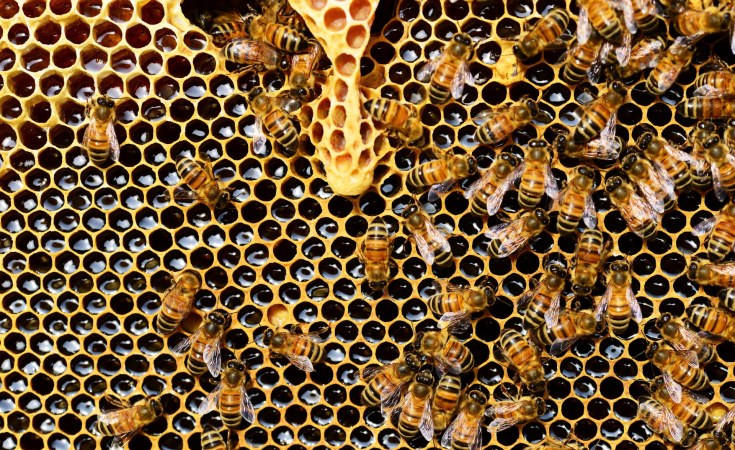SOUTH Africa is borrowing a leaf from Tanzania on methods of bee-farming after the latter country registered remarkable success.
South Africa is currently producing 2,000 tonnes of honey a year and seeks to double its production to 4,000 this year while Tanzania produces over 32,000 tonnes annually.
On Tuesday, a delegation of 10 people from South Africa arrived in Tanzania to learn the best art of bee-farming, especially in beekeeping technology and research.
The Ministry of Natural Resources and Tourism Deputy Permanent Secretary, Mr Benedict Wakulyamba, said the delegation of the beekeepers is also looking into establishing cooperation between Tanzania and South Africa.
Mr Deusdedit Bwoyo, the Director of the Department of Forestry and Beekeeping at the ministry, said the country's success on bee-farming has attracted the visitors to come and learn more.
"Secondly they also want to learn how to raise awareness by motivating their society on increasing honey consumption, as we do," Mr Bwoyo said.
More than 90 per cent of the honey produced is consumed locally, with only 5.0 per cent being exported.
Tanzania produces at least 30,400 tonnes of honey annually but the plan is to increase the production to 60,000 tonnes in 2025, according to the Tanzania Forest Service (TFS) agency strategic plan.
The South African Head of Delegation, Mr Zakaria Mokgathlha, said Tanzania is one of the countries that have made great strides in the area of bee-farming.
"We are here to learn how Tanzania managed to register these successes in beekeeping and borrow a leaf to enable us formulate strategies back home," he said.
The group started their tour in Dodoma, before going to Singida's Aghondi National Bee Reserve and later Tabora.
At Aghondi they received awareness on how best to farm and process bee crops, especially honey. The Aghondi is in Manyoni.
After Singida the delegation will proceed to Tabora's Beekeeping Training Institute (BTI) and also meet beekeepers in the region.
The honey subsector contributes to the national economy by generating about 19 million US dollars per annum and employing more than two million people.
The country's honey is known all over the world due to its natural and organic nature compared to honey from other countries. It has received a high demand in Germany, Holland, England, and Belgium. Also, it has high demand in the Middle East, United Arab Emirates (UAE) in particular, and China.


